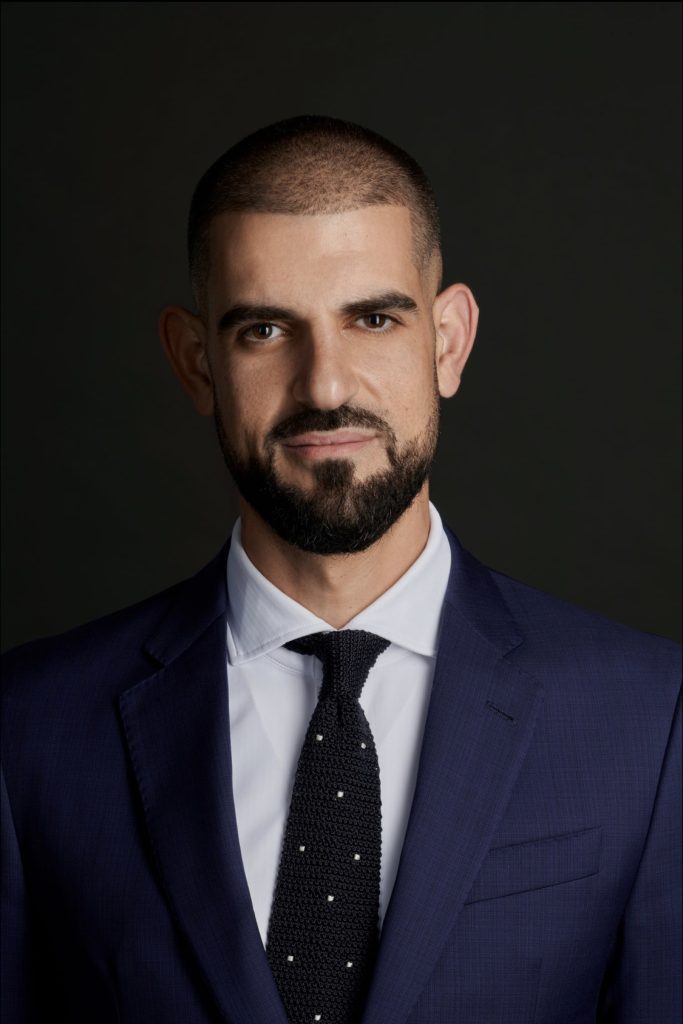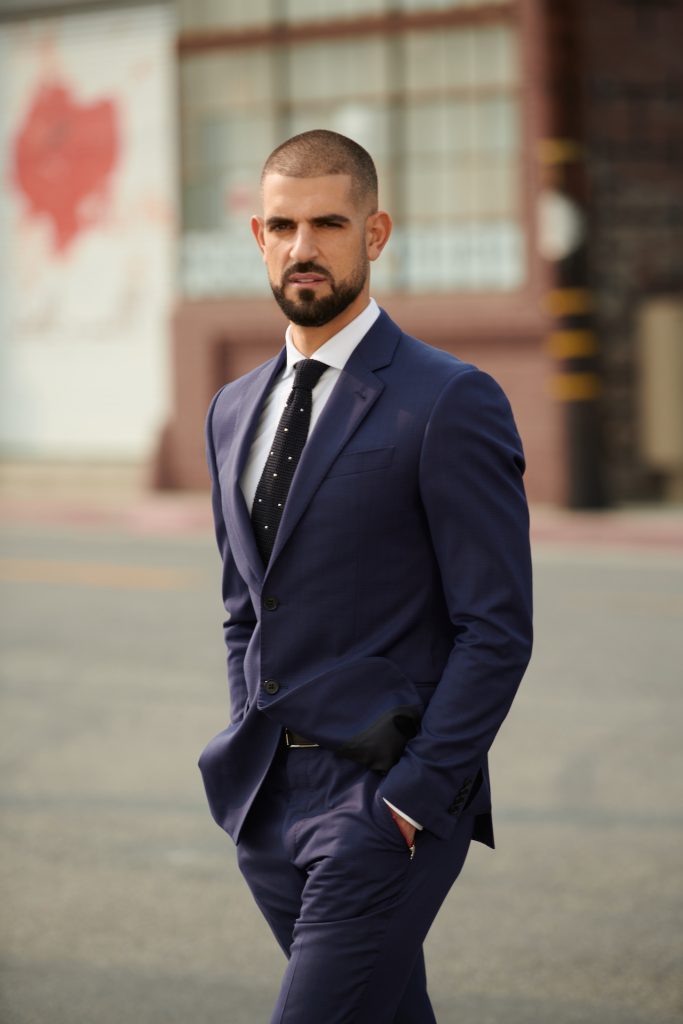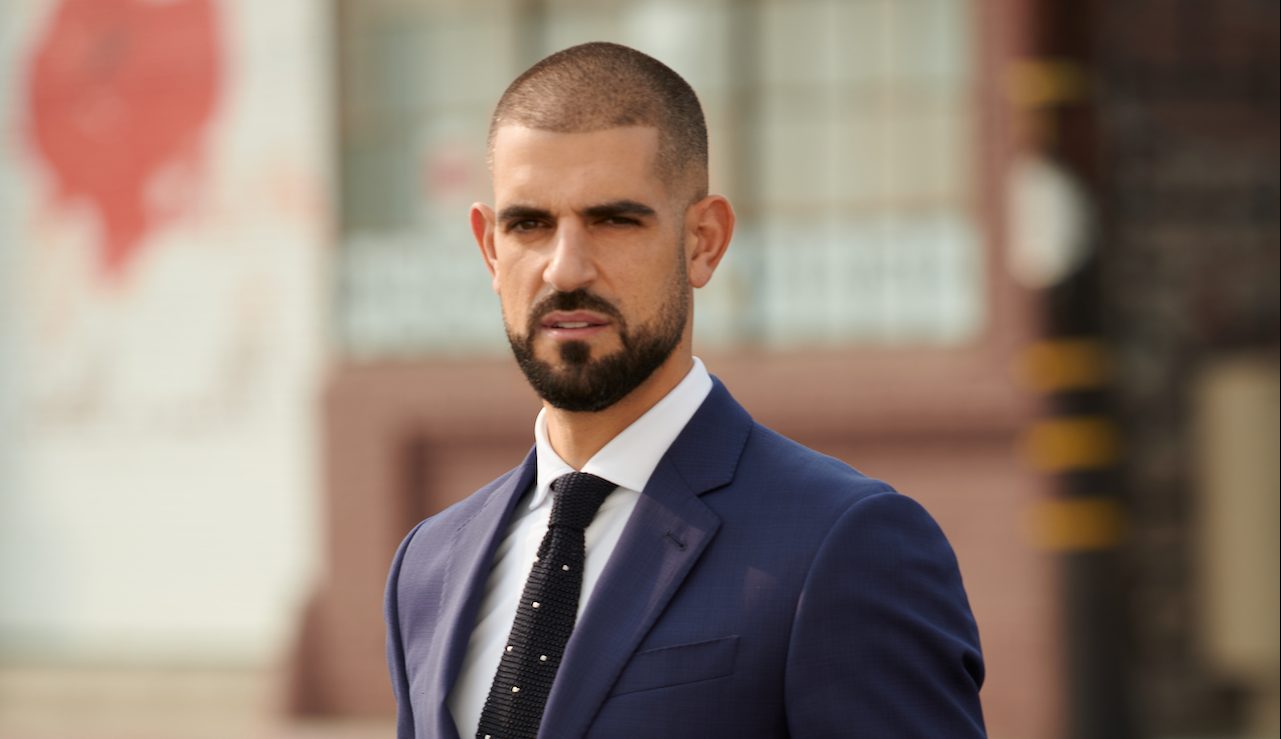I’m sure every person in Los Angeles has visited a convenience store at least once for a drink, a lottery ticket, a pack of gum, or an array of other essential items that make our days complete. Given our familiarity with convenience stores, we take for granted the convenience these stores actually provide.
Bassem Nowyhed, on the other hand, knows more about the convenience store (“c-store”) business than most people know about their own lives. As a “master connector” and long-time owner of multiple c-stores, Bassem’s management experience in the food and beverage industry is rooted in his childhood, when he used to observe and serve customers at the c-stores his family owned. Today, Bassem is the founder and Chief Executive Officer at Invig Consulting, where he reimagines the way brands, convenience stores, and restaurants connect and do business in the modern era. He’s able to achieve this by taking the annoyance out of the distribution game.
As a firm believer in giving back to his community and investing in today’s youth, he cofounded “Just Cause,” a nonprofit organization that recognizes kids for their unique talents and encourages them to excel by rewarding them for their skills.

Tell us about what it’s like to be the owner of multiple c-stores. Is it more time-consuming than most people might expect?
Absolutely. This is a very unique industry, and it is a 24-hour business. As a c-store owner, you encounter all walks of life, from blue-collar workers to corporate executives to high school kids who come in to grab a Gatorade after school. It’s also one of the most eye-opening industries when it comes to entrepreneurship, merchandising, retail, and general operating practices.
For example, we deal with employees and the general public but also work with distributors and merchandise manufacturers – and sometimes, c-stores are considered quick service restaurants. The industry itself is also multifaceted and houses many multi-billion-dollar brands (like Red Bull, Coca Cola, and Lays) that utilize convenience stores as their primary distribution channel.
The industry has also gone through a lot of massive changes. Before the pandemic, most people regarded convenience stores simply as corner stores or neighborhood bodegas. However, the pandemic highlighted just how essential these businesses actually are to their communities and passersby alike, while creating several net-new opportunities for revenue generation. In fact, since 2020, our brand has worked with DoorDash to deliver goods, and I was able to effectively market it virtually. That actually opened the door for us to create several other brands, including a brand of pizza and an empanada business that both did really well.
That’s amazing, congrats! Where did this journey start for you? How did you get here?
I appreciate that. For me, it all started as a kid, when my dad would have me bag ice, sweep the floors, and stock merchandise at our family’s first c-store. I’d always imagined that, when I grew up, I would venture away from the family business and do something on my own outside of this space, but all paths have always led me back here. With a passion for sports and technology, I earned my bachelor’s degree from USC and launched my own little company, FitUnity. That business was a critical learning lesson for me because it taught me the true ins and outs of building a business from scratch. Those experiences actually pushed me back toward my roots, to the c-store space, where I knew it would benefit myself and my family to really dig in and master the business – with an added personal touch that incorporates emerging technologies and elevates the customer’s experience with future-forward activations and installments.
Once I’d re-entered the c-store space, I started attending tradeshows and industry events that revealed the next phase of growth and impact for our business: helping nascent and still-scaling brands reach more people by getting their goods onto store shelves. I already had the embedded network and industry insights necessary to help a snack or beverage brand successfully enter the convenience store world, position and promote its product, and establish a sustainable presence in the space. I also help clients understand how to leverage data to better serve their customers and create connections that can help them cross-promote and scale their brands.
Speaking of technology, we’re seeing more people electing for electronic vehicles over those that run on fossil fuel. How do you think this shift will impact the c-store experience?
Convenience stores, like all business sectors, must learn how to adapt, evolve, and innovate to match consumer behaviors and technology changes. Those that will be the most successful well into the future are those who offer customers more than just a pitstop to put gas in their car. It is about the overall experience of the space and the variety of food and products on offer, especially as more public sector services, cities, and residential developments are implementing their own charging stations to serve these customers outside of the c-store environment. As more electric vehicles enter the scene, it’s crucial that every c-store owner seriously considers implementing adequate charging stations and resources to accommodate those customers, but the data also shows that traditional gas-powered vehicles won’t ever disappear completely (at least not in our lifetimes). So, there will always be a need for the c-store and the traditional gas pump, but I also deeply emphasize the power and importance of innovation to my c-store clients.

Let’s talk about your competitor landscape. How do you feel about 7-Eleven, for example?
7-Eleven is a huge conglomerate with a lot of power. They’ve been able to successfully build an empire from being a convenience store alone, but just as I’d advise any of my smaller business clients, it’s equally important for 7-Eleven’s corporate leadership to move into the future, analyze shifting consumer buying behaviors, and understand that this work is no longer just about the products for sale, but about how they’re being offered to the customers. The hot foods they serve must become more health conscious, spaces need to become more experientially enjoyable, and cleanliness is perhaps more important than ever in the post-pandemic era. 7-Eleven has the opportunity to elevate and set the standard for the entire industry as we move into the future, but in the meantime, I am working to establish and scale that same elevated standard through my own stores and clients.
It was such a pleasure talking to you! Is there anything else you want the readers to know about owning or operating a convenience store that we haven’t covered yet?
Convenience stores are a hybrid of quick-service restaurants and novelty gift shops that, when structured strategically, can service a huge variety of consumer needs and interests quickly and conveniently. They are both essential and ubiquitous. There are over 150,000 convenience stores in the U.S. alone, each serving up to a thousand customers (on average) per day, which means that on any given day of the year, 150 million people in this country enter the convenience store world. That in and of itself is staggering – and inspires my desire to continue helping our clients connect, scale, and innovate to better meet the needs of that massive population.

